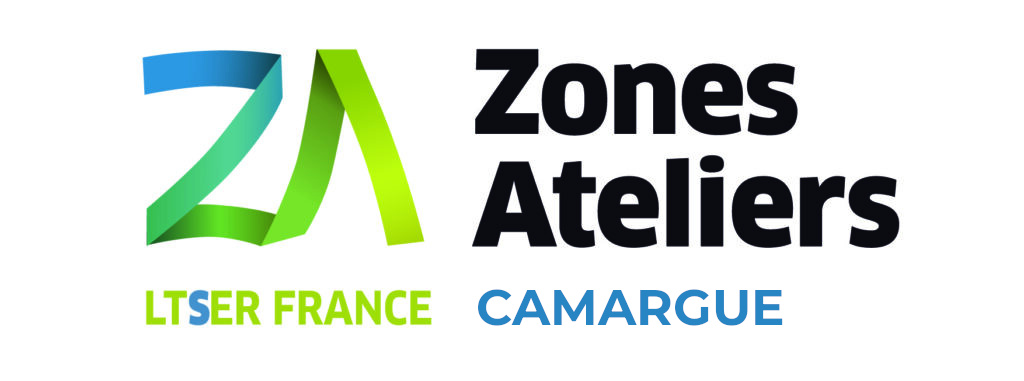Main axis
Main theme 3 : Eco-toxicology
Main objective
Ecotoxicology seeks to understand the effects of chemical contaminants on living organisms and ecosystems. In the Camargue—an emblematic wetland subject to multiple anthropogenic pressures (agriculture, tourism, industry)—this issue is particularly acute. Pollution from Rhône inflows, agricultural runoff, and industrial fallout from the Fos-sur-Mer port area contributes to the contamination of wetlands and the accumulation of pollutants in natural environments, sometimes at alarming concentrations. These pollutants—including pesticides, heavy metals, and endocrine disruptors—can impair the physiology, immunity and reproduction of plants, animals and micro-organisms. They are also raising increasing questions about the indirect impact on the environment and human health.These include water, the food chain and ecosystem interactions.
Despite public efforts—such as health studies and sometimes contradictory mitigation measures—the long-term effects of such pollution remain poorly understood, controversial, and insufficiently characterized.It is therefore crucial to identify the sources of contamination,map their spatial and temporal dynamics,and deepen our understanding of cumulative exposure mechanisms. This research strand relies on field-based ecotoxicological monitoring, conducted in collaboration with Hospital centers and local stakeholders.The objective is to foster collective reflection on the ecological and socio-political transitions needed to reduce pollution—an issue that is also a growing source of eco-anxiety among local residents.
Description of the work
The TRANSCAM project is linked to this theme.
Numerous studies have documented the pollution of this remarkable area. There are too many references (8880 ref.). For example :
Béchet, A., Olivier, A., Cavallo, F., Sauvajon, L., Champagnon, J., du Rau, P. D., & Mondain-Monval, J. Y. Persistent lead poisoning of waterfowl in the Camargue (southern France) 10 years after the ban on the use of lead ammunition in wetlands. Conservation Science and Practice, e70045.
Burkart, L., Olivier, A., Lourdais, O., Vittecoq, M., Blouin-Demers, G., Alliot, F., ... & Goutte, A. (2021). Determinants of legacy persistent organic pollutant levels in the European pond turtle (Emys orbicularis) in the Camargue wetland, France. Environmental Toxicology and Chemistry, 40(8), 2261-2268.
Laboratories involved
Many laboratories are involved in projects and have been documenting ecotoxicological aspects for a long time.
LCE, CEREGE, IMBE, CHROME, G-EAUX, etc.
Local players
These include the Institut Ecocitoyen contre les Pollutions (Eco-citizen Institute against Pollution), the CPIE d'Arles-Rhône (Arles-Rhône CPIE), etc.
Preferred study sites
Academic coordinators
Several (depending on the project)
External presenters
IECP, State services
